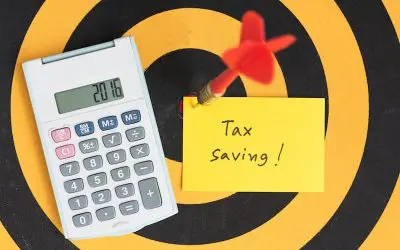The Covid-19 crisis has significantly affected the real estate industry this past year. With an epidemic, mass unemployment, and government shutdowns, life for many has been thrown into increased insecurity, and likewise, many real estate transactions were caught in flux as people tried to adapt to changes brought on by the pandemic. Many people began working from home, and new concepts like social distancing entered the common vernacular as ideas around home and work spaces have shifted. Possibly for good. And even as state restrictions begin to loosen and life slowly returns to business as usual, the coronavirus continues to impact the real estate industry.
One example of this is the increase of “corona clauses” in contracts between buyers and sellers.
What are they?
Essentially, these clauses are provisions to protect sellers and buyers from the effects of Covid-19. These have become common in the era of Covid-19 because the usual definitions for force majeure clauses were not specific enough to govern the Covid situation. Force majeure clauses act as a means to protect buyers and sellers from unforeseen events and refer to provisions in contracts that either release or defer a party’s obligation to a contract due to an extraordinary event outside of the party’s control, which negatively affects their ability to perform contractual obligations.
Why did the coronavirus bring them about?
Force majeure events have typically included crises such as natural disasters, wars, or strikes. However, they have generally been interpreted narrowly in court. When an unexpected pandemic came along, it brought to light many questions about the enforcing of contractual obligations.
In particular, the unprecedented circumstances of Covid-19 made it clear that the parameters of typical force majeure clauses did not extend to situations such as national health crises or government ordered shutdowns. These unexpected events threw the nation into crisis, and buyers and businesses found themselves unprotected and without needed flexibility in their contracts under these unforeseen circumstances.
For instance, stay-at-home orders and social distancing affected buying, and fewer sellers were willing to invite potential buyers into their properties during the pandemic. It also bogged down inspections and appraisals and, in some cases, made it harder for buyers to move into homes bought during the pandemic.
As a result of these unforeseen circumstances, contract writers increasingly moved to craft expanded force majeure clauses to better achieve flexibility for those affected by the pandemic. These included provisions to extend periods for closing transactions or to allow for a party to back out altogether without penalty where health problems, financial insecurity, or regulations brought on by the pandemic made performance on contractual obligations impracticable or impossible.
How will they affect the future of real estate?
Although these changes are most advantageous for buyers, the past year’s instability has shined a light on areas in need of flexibility and adaptation, particularly during times of crisis. And considering that people are feeling extra skittish about the current (or coming) crises these days, adding an extra layer of security in real estate transactions will be helpful. While there does look to be increasing stability as the coronavirus slowly comes under control, it is likely that its effects will be felt for some time. As such, it is probable that the increased importance developed over the past year on more specific force majeure clauses will become the norm for the foreseeable future.
In short, the pandemic has encouraged the expansion of force majeure clauses, and these will be important to look out for going forward. While it will take time to see whether the shifts developed during the pandemic will be permanent changes or not, presently, measures taken to expand force majeure clauses to include the particular crises of this pandemic will ultimately help create a safety net for all parties. They will add more reassurance for prospective sellers and buyers, as people get back on their feet following a difficult year, since it may be some time before many households are ready to make long-term investments regarding housing.
With our current economic challenges, you can learn more about how you can optimize your passive income in real estate by calling High Return Real Estate. We specialize in low-risk, turnkey real estate investing and handle the acquisition, rehab and property management so that you don’t have to. We’ll help you make investments that will weather the ups and downs of the economy—including those induced by Covid-19.




